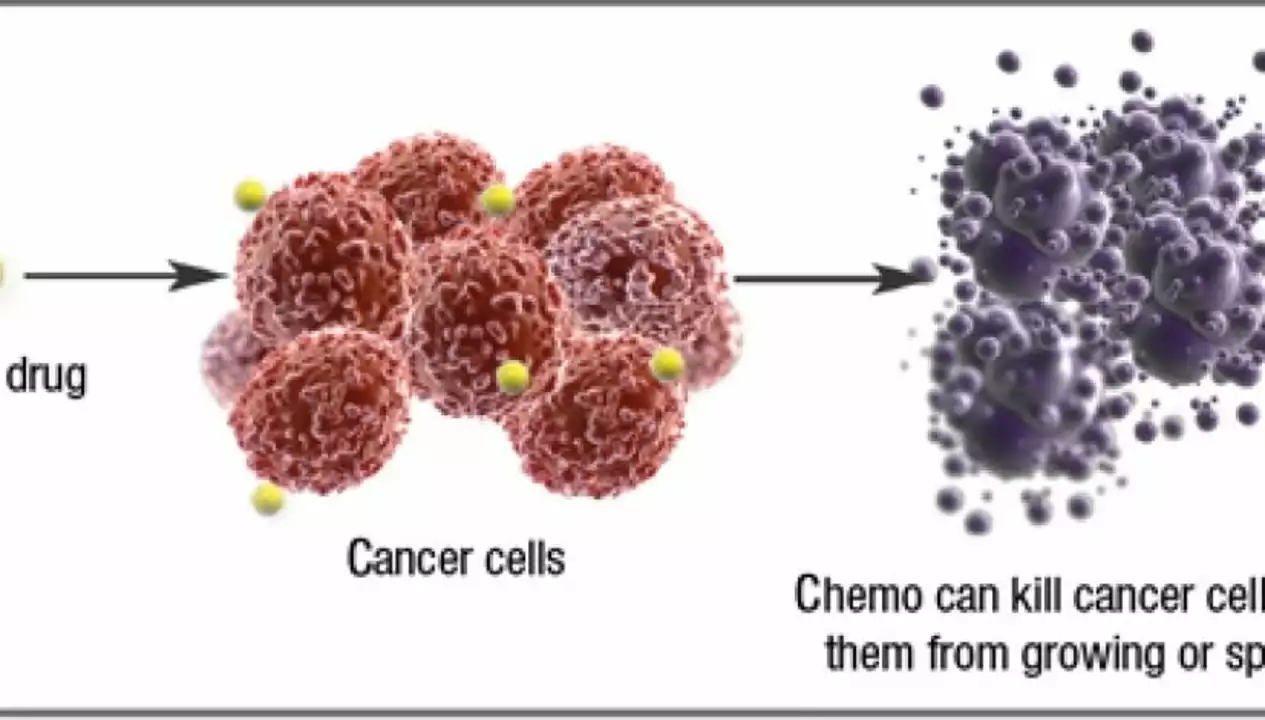Chemotherapy: What It Is and What to Expect
Chemotherapy uses drugs to kill or slow cancer cells. It can be given by IV, injection, or as pills you take at home. Chemo schedules and drugs vary a lot depending on the cancer type and your overall health. Knowing the basics helps you make better choices and feel more in control.
How chemo works and common drug types
Some chemo drugs attack cells that divide quickly, which includes cancer and some healthy cells. Others target specific parts of the cancer cell or the signals cancer uses to grow. Common names you might hear are paclitaxel, cisplatin, carboplatin, and doxorubicin, plus newer targeted drugs and immunotherapies. If you get oral chemo, treat it like any prescription: take the right dose, at the right time, and don’t stop unless your doctor tells you.
Ask your care team which drug you’ll get, why it was chosen, and what the treatment schedule looks like. That helps you plan work, travel, and home care around clinic visits.
Managing side effects & pharmacy tips
Side effects are common but vary by drug and dose. Nausea, hair loss, low blood counts, fatigue, mouth sores, and neuropathy (tingling in hands/feet) are some you might face. Many side effects are manageable with meds or simple steps: anti-nausea pills, cool caps for hair, mouth rinses, or dose changes. Monitor fever closely—low counts raise infection risk and might need urgent care.
Talk with your pharmacist about supportive medicines. They can explain interactions with over-the-counter drugs, vitamins, or herbal supplements—some can interfere with chemo. If you take oral chemo at home, get clear written instructions: storage, handling, missed dose steps, and safe handling around kids or pets.
Cost and access matter. Ask about generics, patient assistance programs, and whether your insurance requires prior authorization. If you order meds online, use reputable pharmacies and confirm they require a prescription. Your clinic’s pharmacy or a hospital outpatient pharmacy is a safe starting point.
Practical daily tips: schedule rest on treatment days, keep a symptom log, stay hydrated, and eat small frequent meals if appetite is low. Gentle exercise, when approved by your team, can help energy and mood. Bring a list of all meds to each appointment, including supplements and topical creams.
Questions to ask your doctor or pharmacist: What are the likely side effects for my drug? How will you monitor my blood counts? Which symptoms need immediate care? Are there medicines I must avoid? Who do I call after hours?
Chemotherapy is tough but predictable when you have a plan. Use your care team and pharmacist as partners. They can help manage side effects, optimize medications, and point you to financial or emotional support resources. If something feels off, speak up—early action often prevents bigger problems.

The impact of capecitabine on the immune system
As a blogger, I recently looked into the impact of capecitabine on the immune system. Capecitabine is a chemotherapy drug commonly used for treating various types of cancer. From my research, I found that it can weaken the immune system by reducing the number of white blood cells, making patients more susceptible to infections. However, it's important to remember that each individual reacts differently to the drug, and side effects can vary. Overall, while capecitabine plays a crucial role in cancer treatment, it's essential for patients to work closely with their healthcare team to manage any potential effects on their immune system.
April 27 2023